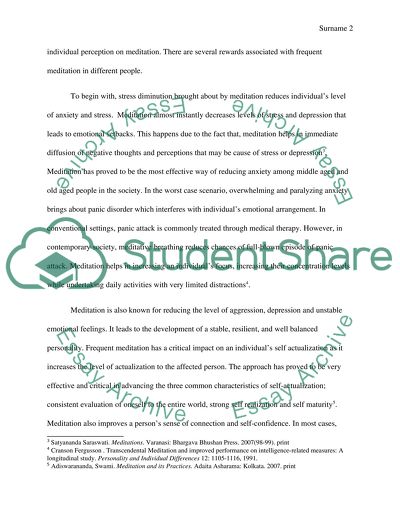Cite this document
(“Emotional and Physiological Benefits of Meditation Research Paper”, n.d.)
Emotional and Physiological Benefits of Meditation Research Paper. Retrieved from https://studentshare.org/psychology/1455626-meditation
Emotional and Physiological Benefits of Meditation Research Paper. Retrieved from https://studentshare.org/psychology/1455626-meditation
(Emotional and Physiological Benefits of Meditation Research Paper)
Emotional and Physiological Benefits of Meditation Research Paper. https://studentshare.org/psychology/1455626-meditation.
Emotional and Physiological Benefits of Meditation Research Paper. https://studentshare.org/psychology/1455626-meditation.
“Emotional and Physiological Benefits of Meditation Research Paper”, n.d. https://studentshare.org/psychology/1455626-meditation.


